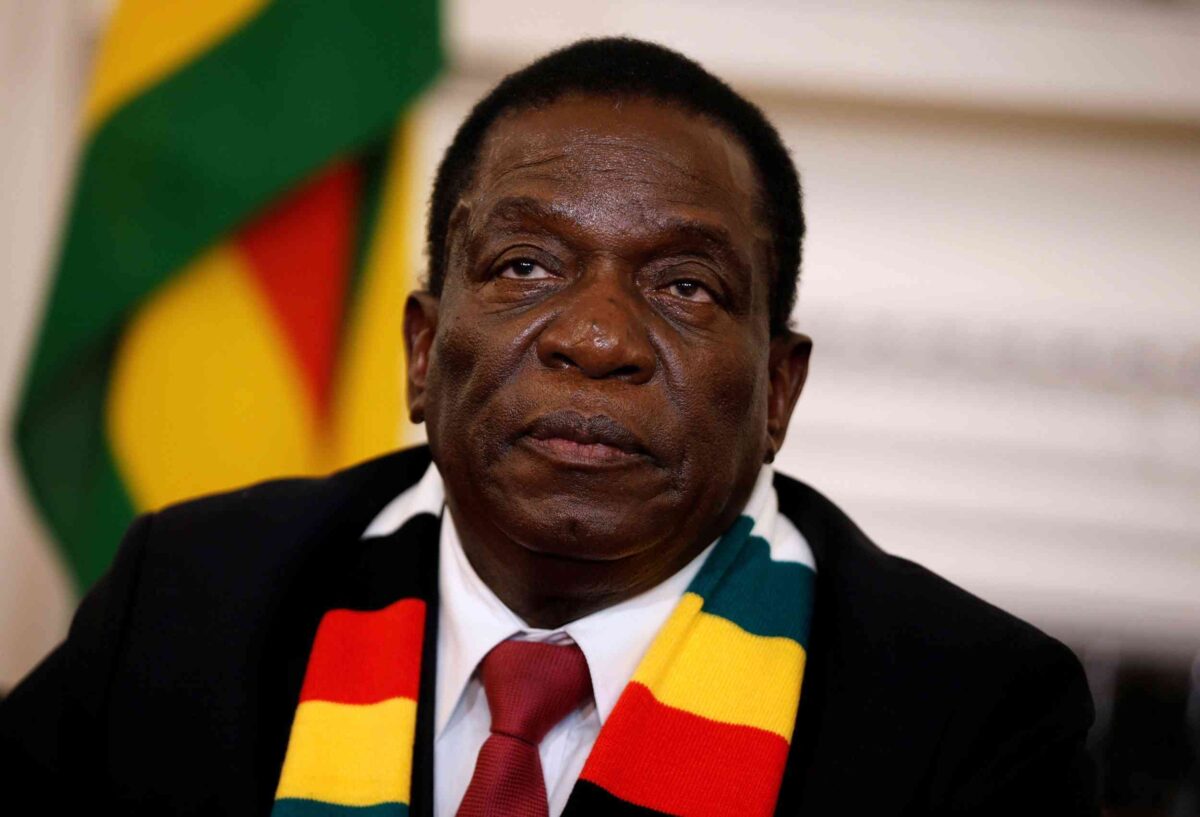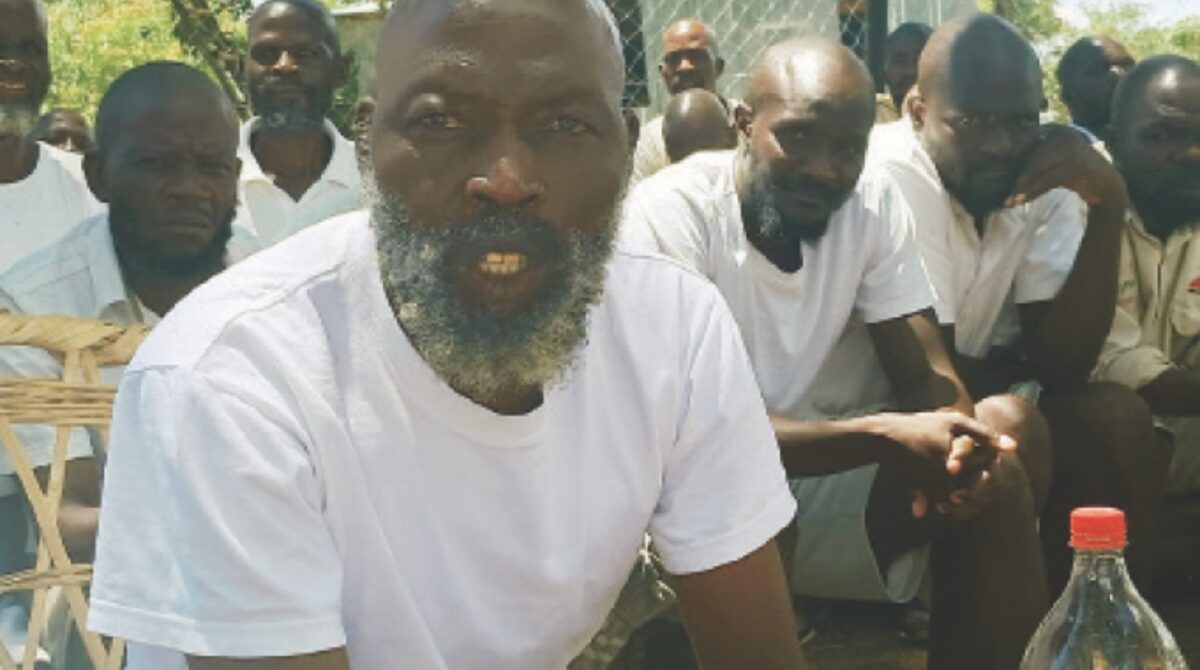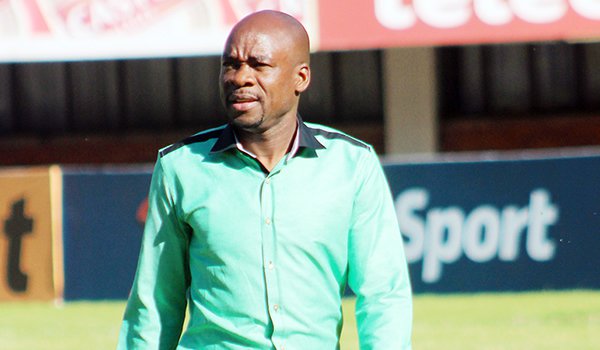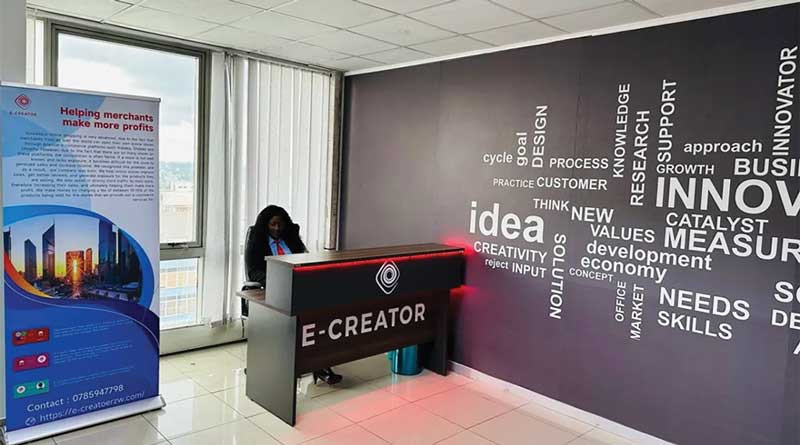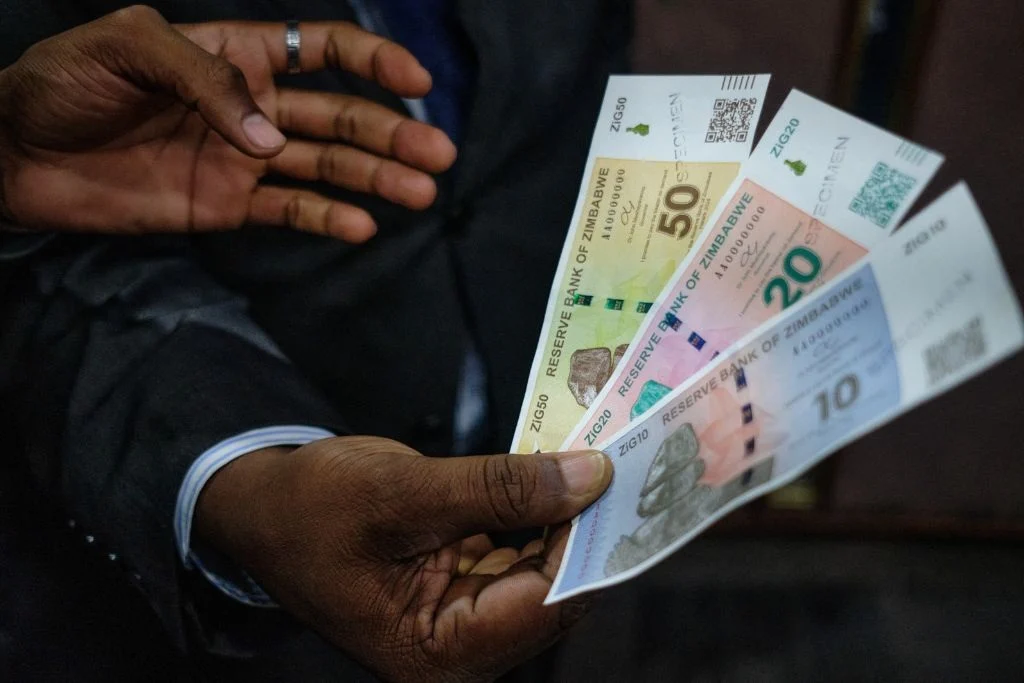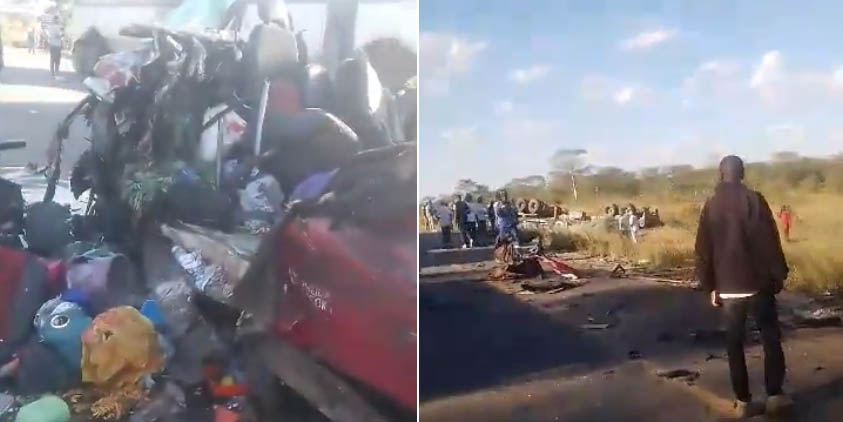BULAWAYO – President Emmerson Mnangagwa maintains his government is leading and bankrolling the entire process of “bringing finality” to the Gukurahundi atrocities cognisant of potential external interference seeking to derail the process.
But activists have warned the process remains illegal without the active involvement of the international community which has legal interest on cases involving genocide.
Independent estimates placed the number of civilians massacred by the country’s security forces between 1982 and 1987 at 20,000.
Government has neither confirmed nor controverted the figures.
The atrocities, commonly referred to as Gukurahundi, targeted the predominantly Ndebele communities domiciled in the two Matabeleland provinces and Midlands. Many were maimed, others lost homes while some were raped.
Civilian killings, according to government apologists, were a case of collateral damage caused by forces while tracking down a handful army deserters who were sympathetic to former Vice President Joshua Nkomo’s PF Zapu and were allegedly being harboured by communities in Matabeleland.
However, activists say the killings were an ethnic cleansing attempt by then Prime Minister Robert Mugabe, who was keen to decimate his nemesis, Nkomo’s prime support base in an attempt to impose a one-party state.
The Zimbabwe incumbent, whose name features prominently among the masterminds of the atrocities, has emerged decades later, ironically playing saviour.
Under a process assigned on traditional leaders in Matabeleland and Midlands, government is planning a series of hearings among survivors of the holocaust.
Little has been said about bringing restorative justice in the current ostensible efforts to bury the dark past.
Addressing traditional leaders during an interface at the Bulawayo State House on Friday, Mnangagwa insisted the country was resolving the Gukurahundi issue in its own way and will not brook any external interference.
“The decision to resolve this issue on our own amongst ourselves is based on the realisation that none but ourselves can determine our destiny as a nation,” Mnangagwa said.
“I, therefore take this opportunity to urge everyone involved in this exercise to maintain heightened alertness for external influences that seek to derail our process and drive us back to a scenario of internal disputes and conflict.
“The unity of our nation must be guarded jealously against detractors both internal and external.”
Friday was the fourth meeting the Zimbabwe incumbent has had since 2019 with traditional chiefs focussing on resolving the emotive matter.
Critics say traditional chiefs have lost community trust and goodwill after they have been co-opted into the Zanu PF led government’s patronage system.
Chiefs have also been pampered with expensive gifts by government, making their cases too compromised and doubtful as conveyers of the survivors’ messages.
“It is sad and unfortunate to look at how the attempt to deal with Gukurahundi is being trivialised,” said Mbuso Fuzwayo, coordinator with Bulawayo based Ibhetshu LiKazulu pressure group that has fronted initiatives to immortalise the Gukurahundi story while calling for restorative justice.
“There is no clear process to address this issue. There is no acknowledgement, no truth telling especially from the side of perpetrators. The process is not victim centred; it is perpetrator led.
“This matter can only be resolved by impartial, nonaligned people. Genocide is an international crime.”
Equally, Dr Samuekele Hadebe, leader of the small Freedom Alliance party, said Guukurahundi cannot be fully explained and understood without truth telling by the perpetrators.
He said the government is wasting time engaging traditional leaders to try and gauge, among other things, the number of those who felt victim during the holocaust.
“Those who killed people were the Zimbabwean army on payroll. The CIO were on payroll, the police were on payroll, prisons were on payroll, the Fifth Brigade were on payroll.
“Traditional chiefs are unnecessarily being burdened with the task.
“Every country has archives to refer to when information is required. When people are serious about getting information, they can just refer to those records,” he told a meeting in Bulawayo.
Hadebe added, “During the atrocities, there was a newspaper black out, journalists were not allowed to come in, those who covered it were said to have been writing lies.
“Indeed, that may have been true because some of the atrocities were committed in the dead of night and it was difficult for anybody to know about it.”
Hadebe said government efforts to remedy the atrocities should start with truth telling.
“Truth telling should be the first process. The truth should come out. Only the truth shall free us.”
